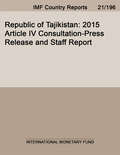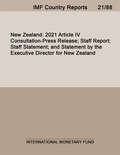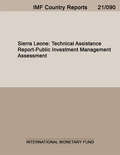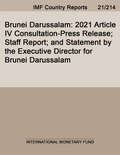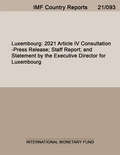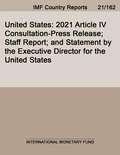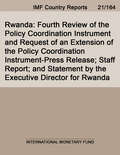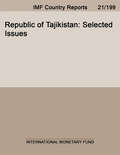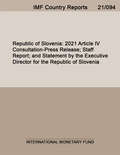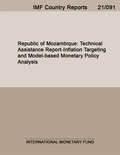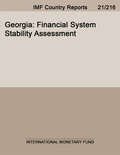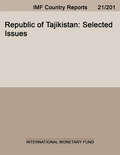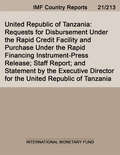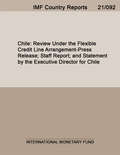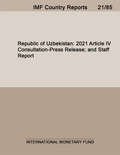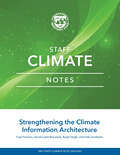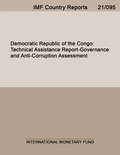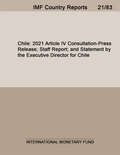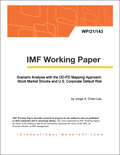- Table View
- List View
IMF: Recent Economic Developments (Imf Staff Country Reports #Imf Staff No. 97/107)
by International Monetary FundA report from the International Monetary Fund.
IMF: Recent Economic Developments (Imf Staff Country Reports #Imf Staff No. 97/107)
by International Monetary FundA report from the International Monetary Fund.
IMF: Recent Economic Developments (Imf Staff Country Reports #Imf Staff No. 97/107)
by International Monetary FundA report from the International Monetary Fund.
IMF: Recent Economic Developments (Imf Staff Country Reports #Imf Staff No. 97/107)
by International Monetary FundA report from the International Monetary Fund.
IMF: Recent Economic Developments (Imf Staff Country Reports #Imf Staff No. 97/107)
by International Monetary FundA report from the International Monetary Fund.
IMF: Recent Economic Developments (Imf Staff Country Reports #Imf Staff No. 97/107)
by International Monetary FundA report from the International Monetary Fund.
IMF: Recent Economic Developments (Imf Staff Country Reports #Imf Staff No. 97/107)
by International Monetary FundA report from the International Monetary Fund.
IMF: Recent Economic Developments (Imf Staff Country Reports #Imf Staff No. 97/107)
by International Monetary FundA report from the International Monetary Fund.
IMF: Recent Economic Developments (Imf Staff Country Reports #Imf Staff No. 97/107)
by International Monetary FundA report from the International Monetary Fund.
IMF: Recent Economic Developments (Imf Staff Country Reports #Imf Staff No. 97/107)
by International Monetary FundA report from the International Monetary Fund.
IMF: Recent Economic Developments (Imf Staff Country Reports #Imf Staff No. 97/107)
by International Monetary FundA report from the International Monetary Fund.
IMF: Recent Economic Developments (Imf Staff Country Reports #Imf Staff No. 97/107)
by International Monetary FundA report from the International Monetary Fund.
IMF: Recent Economic Developments (Imf Staff Country Reports #Imf Staff No. 97/107)
by International Monetary FundA report from the International Monetary Fund.
IMF: Recent Economic Developments (Imf Staff Country Reports #Imf Staff No. 97/107)
by International Monetary FundA report from the International Monetary Fund.
IMF: Recent Economic Developments (Imf Staff Country Reports #Imf Staff No. 97/107)
by International Monetary FundA report from the International Monetary Fund.
IMF: Recent Economic Developments (Imf Staff Country Reports #Imf Staff No. 97/107)
by International Monetary FundA report from the International Monetary Fund.
IMF: Recent Economic Developments (Imf Staff Country Reports #Imf Staff No. 97/107)
by International Monetary FundA report from the International Monetary Fund.
IMF: Recent Economic Developments (Imf Staff Country Reports #Imf Staff No. 97/107)
by International Monetary FundA report from the International Monetary Fund.
IMF: Recent Economic Developments (Imf Staff Country Reports #Imf Staff No. 97/107)
by International Monetary FundA report from the International Monetary Fund.
IMF: Recent Economic Developments (Imf Staff Country Reports #Imf Staff No. 97/107)
by International Monetary FundA report from the International Monetary Fund.
IMF: Recent Economic Developments (Imf Staff Country Reports #Imf Staff No. 97/107)
by International Monetary FundA report from the International Monetary Fund.
IMF: Recent Economic Developments (Imf Staff Country Reports #Imf Staff No. 97/107)
by International Monetary FundA report from the International Monetary Fund.
IMF: Recent Economic Developments (Imf Staff Country Reports #Imf Staff No. 97/107)
by International Monetary FundA report from the International Monetary Fund.
IMF: Recent Economic Developments (Imf Staff Country Reports #Imf Staff No. 97/107)
by International Monetary FundA report from the International Monetary Fund.
IMF: Recent Economic Developments (Imf Working Papers #Imf Staff No. 97/107)
by International Monetary FundA report from the International Monetary Fund.
